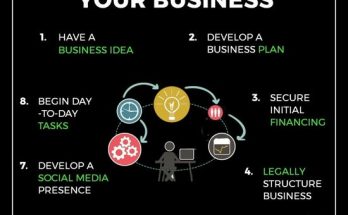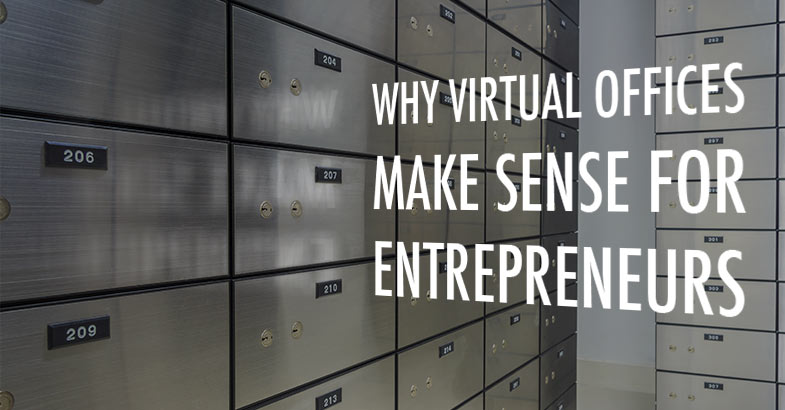The Philippines has been experiencing steady economic growth in recent years, driven by a combination of factors including government policies, a growing population, and an expanding middle class.
One of the key drivers of the Philippines’ growing economy has been the government’s focus on infrastructure development. The administration of President Rodrigo Duterte has earmarked billions of dollars for infrastructure projects, including the construction of new airports, seaports, and roads. These projects not only create jobs and stimulate economic activity, but they also make it easier for businesses to operate and for people to access goods and services.
Another factor that has contributed to the Philippines’ growing economy is its young and rapidly expanding population. With a median age of just 24, the Philippines has a large population of working-age people who can contribute to economic growth. Additionally, the country has a large domestic market, which has been a source of resilience for the economy, particularly during global economic downturns.
The Philippines is also home to an increasingly affluent middle class, which has been driving consumer spending. In recent years, there has been a significant increase in the number of Filipinos who are able to afford consumer goods and services, such as cars, smartphones, and travel. This has led to a booming retail and tourism sector, which has been a major contributor to economic growth.
Despite its strong economic performance, the Philippines still faces some challenges. One of the main challenges is poverty, with around 20% of the population living below the poverty line. Another challenge is unemployment, which remains relatively high, especially among young people. Additionally, the country’s economic growth has not been evenly distributed, and many regions outside of major urban areas are still relatively poor.
The government is implementing various policies to address these challenges. The administration is investing in human capital development, for instance through the implementation of the Universal Access to Quality Tertiary Education Act and the Universal Health Care Act. These policies will improve the ability of Filipinos to access higher education and healthcare, which will ultimately lead to better opportunities for employment and better standards of living.
Despite these challenges, the Philippines economy has been growing at a steady pace and is expected to continue doing so in the future. The country’s growing population, expanding middle class, and government’s focus on infrastructure development, will continue to drive economic growth and improve the standard of living for Filipinos.
In summary, The Philippines has been experiencing steady economic growth, driven by factors such as government policies on infrastructure development, a growing population and expanding middle class which is driving consumer spending. While challenges such as poverty and unemployment still persist, the government is implementing various policies to address these issues and overall the future of the economy is expected to remain positive.
Check out vOffice to discover how easy is it to start a business in the Philippines. We offer: Company Incorporation Service, Virtual Office Service, Serviced Office Rental, Meeting Room Rental and more!




